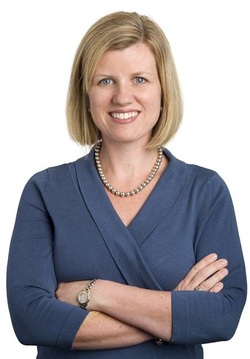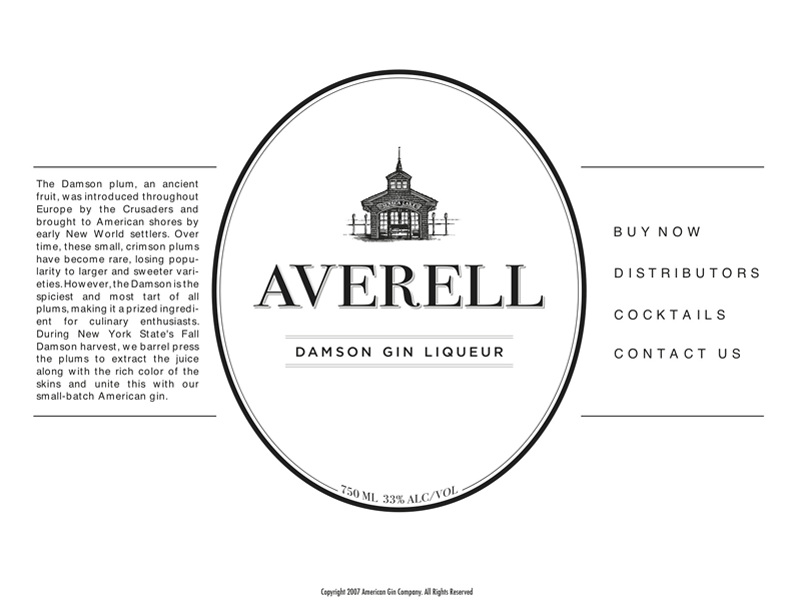
Mammograms don't cut cancer deathsby The Canadian Press
Story: 108700
Feb 11, 2014 / 7:14 pm
Photo: The Canadian Press. All rights reserved.
Kelly Metcalfe, a scientist at the Women's College Research Institute in Toronto. is shown in a handout photo. .
THE CANADIAN PRESS/HO-Women's College Hospital
A long-term, landmark — and contentious — Canadian study looking at the impact of breast cancer screening with mammography suggests the widely used technique isn't reducing the number of women who die from breast cancer.
The latest update from the now 25-year-old Canadian National Breast Screening Study, published in the British journal BMJ, suggests annual mammograms given to women in their 40s and 50s found more cancers, but didn't save more lives.
The authors say that in countries where breast cancer treatment is state of the art, screening mammography doesn't appear to be more effective at reducing breast cancer deaths than regular breast self-examination plus an annual breast exam given by a medical professional.
The study also said that screening mammography is leading to overdiagnosis of breast cancer, suggesting between one in four and one in five breast cancers detected through a mammogram wouldn't require treatment if they hadn't been found. But the science of distinguishing a killer cancer from one that won't be fatal isn't yet perfected, so breast cancers that are found are treated.
That, the authors said, equals one over-diagnosed breast cancer for every 424 women who received screening mammography in the clinical trial.
"In technically advanced countries our results support the views of some commentators that the rationale for screening by mammography should be urgently reassessed by policy makers," they said.
(An important point to make clear: The study looked at mammography as a cancer screening tool, a way to find cancers early in people who appear to be healthy. Its findings have no bearing on the use of mammography to determine whether women who have found a lump or lumps in a breast actually have cancer.)
Some might concluded the study's findings imply that formal breast cancer screening programs — which often target women 50 and older — are starting to screen too early.
But lead author Dr. Anthony Miller offers another take on it. He believes the findings can probably be extrapolated to women 60 and older as well, which would call into question the value of screening mammography where good care for breast cancer — including tamoxifen or other post-treatment drugs — is available and accessible to all.
"There's little question in my mind that everything needs to be re-evaluated," said Miller, who knows the suggestion will not go unchallenged.
"I don't underestimate the difficulties that are going to occur," he said.
Miller spoke from experience. The Canadian National Breast Screening Study, which one outside expert described Tuesday as "probably the most meticulously done randomized trial of screening mammography," was also denounced as "incredibly flawed and misleading" by a group representing American radiologists. Radiologists are integral players in mammography screening programs —they read mammograms — and they have been vocal critics of the Canadian study over the years.
The American College of Radiology and Society of Breast Imaging, issued a statement calling the study "an incredibly misleading analysis based on the deeply flawed and widely discredited Canadian National Breast Screening Study." The group said the findings should not guide policy on breast cancer screening, suggesting to do so "would place a great many women at increased risk of dying unnecessarily from breast cancer."
In the statement, the group reiterated complaints it has been making about the study for years — that the quality of the mammograms was poor, that researchers steered sicker women into the arm of the study where mammography was given, leading to skewed results. For a randomized controlled study to produce valid findings, the people in the two arms of a trial must be essentially similar. Stacking one arm of the trial would have an impact on the findings.
Miller has heard many of these critiques of the over the years, and he dismissed them in short order, calling them "misconceptions" and "falsehoods." Of the suggestion that the mammography machines used were secondhand and not state of the art — a new claim — Miller said: "Absolutely wrong. I don't know who on Earth invented that one."
"They're obviously conflicted," Miller said of the radiologists group.
Conflicted perhaps, but not alone. While the Canadian Cancer Society didn't trash the study, the agency's director of cancer control policy attempted to downplay it.
Robert Nuttall said the study's findings related to women age 40 to 49 — that there isn't a clear benefit from screening mammography in this age group — are consistent with other studies. But he said other studies have shown that screening women over the age of 50 does cut deaths due to breast cancer.
"We still have the opinion that based on everything that's gone on around the world that screening mammography, especially for women 50 to 69, is beneficial," he said.
An expert on cancer screening, Dr. Gilbert Welch of Dartmouth University's Institute for Health Policy and Clinical Practice, said the issue is not so simple. (Welch is the person who described this study as probably the most meticulously conducted and reported randomized trial on screen mammography.)
Late last year, Welch and a colleague published an analysis in the journal JAMA Internal Medicine that attempted to translate for women what the evolving science on breast cancer screening is revealing. His aim: to help women make an informed choice about whether the benefits of screening outweigh the potential harms.
"The last thing I'd want to do is ban mammography. I just want to make sure than women understand the deal," said Welch, who authored a book on cancer screening titled “Over-diagnosed: Making People Sick in the Pursuit of Health.”
Welch's analysis suggested screening 1,000 50-year old women annually for a decade would save between zero and three lives. Over the same time, nearly half or more of those 1,000 women would have at least one false alarm on a test and between three to 14 would be over-diagnosed and treated needlessly.
With breast cancer, treated needlessly can mean some combination of lumpectomy, mastectomy, radiation and chemotherapy.
To answer the question of what benefit screening mammography has in an era when breast cancer treatment has become such much more effective at saving lives, Welch and his co-author proposed that two new clinical trials — one is never enough proof — should be conducted.
In the meantime, Welch said more consideration and careful thought is taking place on the value of mammography. "The mantra of 20 years ago that this is only something that can help you, it can't hurt you — people understand it's more complicated than that."
But Miller said he finds little openness to the idea among the agencies that run breast cancer screening programs.
"By and large they don't want to talk to me about it. A number of people who are in these positions were responsible for setting up programs in the first place. And they don't want to admit there's a problem."
He suggested, though, that the International Agency for Research on Cancer — an agency of the World Health Organization — may evaluation screening mammography later this year.


 RSS Feed
RSS Feed



